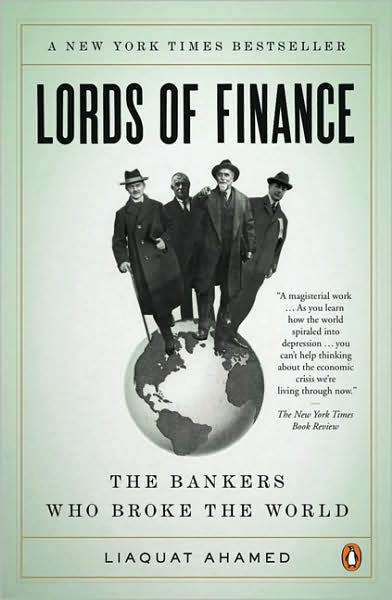Cash Versus Valuations
From reading your blog, it isn’t clear whether you are a value investor or a valuation based investor. When you wrote that you would sell something only if you had a better opportunity, it sounds different from a traditional value investor (buy at a discount to fair value and sell when it approaches fair value, all assuming you can determine a fair value that the market is not properly recognizing). That is, perhaps you have x% in equities, split among a variety of holdings, and you are generally keeping an eye out for new opportunities, so that when a stock become really attractive, you will sell your least attractive (from a future returns perspective) holding in order to fund the new purchase.
Elsewhere, though, you wrote about the benefits of holding cash.
Perhaps you could write a post clarifying how these might relate. If you have cash, you don’t need to sell something (potentially good, or you wouldn’t have been holding it in the first place) in order to buy when a good opportunity comes along. When do you deploy cash (change the % of equity vs cash or bonds) rather than swapping equities? Or raise it? Do you have a macro view that governs when to increase/decrease your equity exposure? Or would you consider selling stock to “buy” cash (ultra short duration fixed income) as a “better investment opportunity”?
Are moves like this more selling driven (i.e. time to lighten up on equity, or this stock has gone up to a level of very low future returns)? Or are they buying driven (i.e. ABC is a great opportunity at this price, how should I pay for it? Cash or swapping out a position?)? Or is it just a complicated circumstance based mix?
Thanks for considering these issues.
ps I really appreciate the honesty and integrity you appear to bring both to your investing and your writing about investing.
pps Do you index at all? Or only hold individual securities?
This reader asks some interesting questions, and I want to give him some answers.
First, I am a value investor — I try to buy equities that have a margin of safety, with some potential for positive surprises.? I don’t buy securities where the balance sheet is weak.? But I have a more expansive view of value, because I am willing to buy into industries that have good growth prospects relative to their valuations.? In 2002, my biggest sector was technology.? Today, with big company technology so cheap, it is my third largest sector.
I do vary my stock holdings versus cash, but I limit my cash to 20% of my stock portfolio at maximum because I have been generally good at picking stocks over the years.? Cash is useful, but I try to vary it in proportion to valuations.
Take a look at my eight rules, they will tell you a lot.? One of my main ideas is that people aren’t good at making decisions when they have a big menu in front of them, but they are good at binary comparisons.? They can say, “This is better than that” with reasonable accuracy.
So most of the time, I do swap trades, trading things I like better for things I like less, much like a bond trader would.? When I am more bullish on the market, I add in an extra buy, and when I am bearish, I add in an extra sell.? But I stick with the essential idea of swap trades, because it forces the idea of the binary tradeoff.
That’s how I do it.? Now I wish it were working better for me over the last year, but I’m not worried because my methods have worked well for a long time.
PS — I never index.


